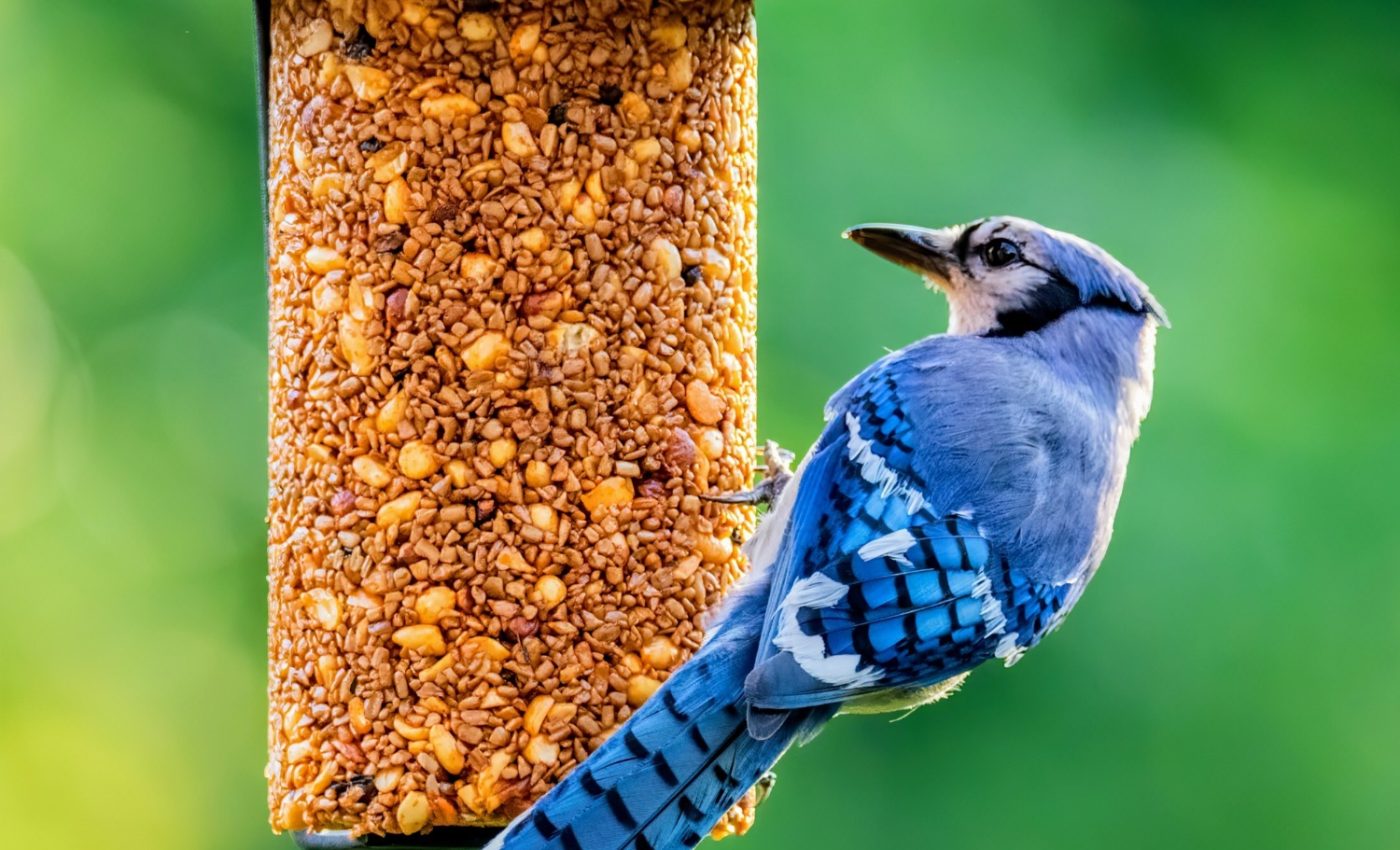
Bird feeding pollutes local ecosystems
Bird feeding is a common practice in homes around the world, often seen as a thoughtful way to support wildlife during harsh winters or breeding seasons.
However, new research led by Andrew Abraham, an alumnus of Northern Arizona University (NAU) and a researcher at Aarhus University in Denmark, shows that this seemingly benign activity could be altering local ecosystems and contributing to environmental pollution.
The study reveals that the extra nutrients provided by bird feeders, particularly phosphorus, may disrupt the natural balance, leading to unintended ecological consequences.
Phosphorus overload from bird feeding
“The seeds, nuts, and grains provided for birds are rich with fats and proteins,” said Abraham. “Yet most of this nutrient-rich bird food is sourced on the global market and transported thousands of kilometers to feeder stations.”
“Birds are incredibly effective dispersers,” added Ethan Duvall, a researcher from Cornell and co-author of the study. “They eat a lot, fly a lot, and poop a lot. This means that extra nutrients provided at feeders eventually make their way into local ecosystems.”
Drawing from the UK as a case study, the researchers found that the amount of phosphorus supplied through supplementary foods for garden and game birds equals about 2.4 Gg/year.
This release of phosphorus was found to be comparable to other human activities, such as industrial waste and sewage misconnects, which are known environmental polluters.
Game birds: The biggest beneficiaries
The study also found that the greatest supply of these additional nutrients was directed at game birds like pheasants and partridges, with the phosphorus provided to these game birds being more than double that given to garden birds.
While this supplementary food may assist in temporarily augmenting bird populations beyond the natural carrying capacity, it poses an ecological threat in the long run.
“When additional nutrients from bird feeding enter natural environments, they have profound consequences for the species that live there,” noted Abraham. “If bird feeding occurs at high rates or over long periods, it can begin to change the fertility of the landscape, upsetting the balance of the ecosystem.”
Ecological fallout: Eutrophication and beyond
A significant fallout of this nutrient overload is the leaching of these excess substances, primarily phosphorus, into rivers, where they may exacerbate issues of eutrophication – dense algal growth that harms aquatic animals.
But does this mean bird feeders are inherently detrimental? It’s not that straightforward, the researchers insist.
“It is important to study animal dispersal of nutrients, because in some places, animals can spread important nutrients in a way that benefits ecosystems. But in the case of bird feeding, they may spread too many nutrients, causing problems,” explained Chris Doughty, a professor of ecology at NAU and co-author of the study.
Reassessment of bird feeding practices
As new evidence continues to emerge, there’s a need to reassess bird feeding practices.
“Previous research has already shown that bird feeding is linked to changes in bird community composition, behavior, distribution, and the transfer of avian disease,” said Kate Plummer, senior research ecologist at the British Trust for Ornithology.
“While our study suggests that the impact of garden feeding is significantly less than that of gamebird feeding when it comes to nutrient dispersal, the findings add a new dimension to our efforts to understand the balance of costs and benefits of putting out food in our gardens.”
Bird feeding and environmental consciousness
As awareness of the ecological impact of bird feeding grows, it becomes increasingly important for individuals and communities to approach this practice with greater environmental consciousness.
Experts suggest that responsible bird feeding should involve not only the choice of what to feed birds but also considerations of how, when, and where to feed them.
By balancing the desire to support bird populations with the need to protect local ecosystems, individuals can contribute to a more sustainable interaction with nature.
As the conversation around bird feeding practices continues to evolve, ongoing research and public education will be key to finding solutions that benefit both birds and the environment.
The study is published in the journal Frontiers in Ecology and the Environment.
—–
Like what you read? Subscribe to our newsletter for engaging articles, exclusive content, and the latest updates.
Check us out on EarthSnap, a free app brought to you by Eric Ralls and Earth.com.
—–













